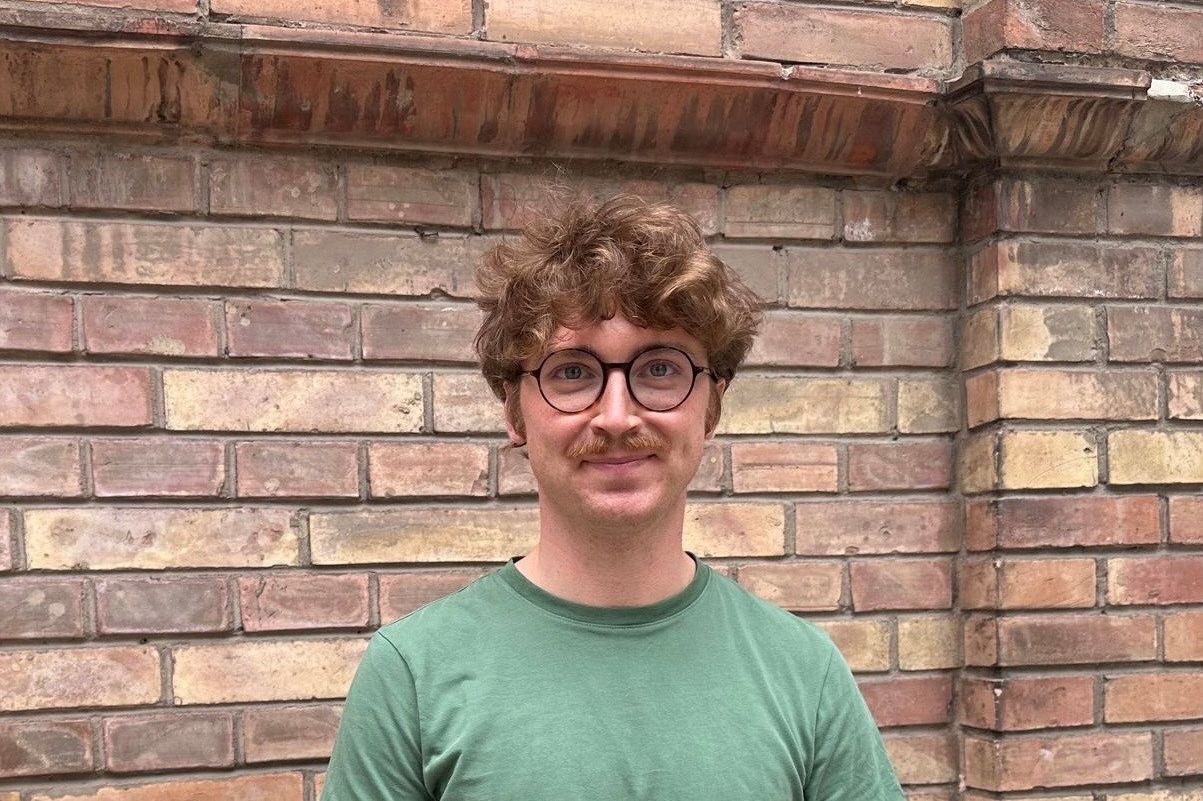
(Chicago, Vienna, 17-07-2025) Paul Ettel from the Center for Pathobiochemistry and Genetics at the Medical University of Vienna has been awarded one of three grants for young scientists by the US Foundation for Sarcoidosis Research (FSR). The awards support ambitious research projects focused on sarcoidosis in order to contribute to better patient care. This year, for the first time, the grant, worth USD 150,000, was also awarded to non-US citizens.
The grant was awarded to Paul Ettel for his research into improving our understanding of sarcoidosis. Sarcoidosis is a difficult-to-treat inflammatory disease whose cause remains unknown and which affects around 15 to 20 in every 100,000 people. In this disease, accumulations of immune cells and fibroblasts called granulomas form in the affected organs. These granulomas can impair normal tissue and lead to inflammation and fibrosis, which ultimately limits the functioning of the affected organs.
In his current project, the MedUni Vienna scientist is investigating how certain immune cells (neutrophilic granulocytes) and their cellular metabolism – in particular arginine metabolism – contribute to granuloma formation in sarcoidosis. "The grant will enable me to further investigate the role of cellular metabolism in neutrophil in the progression of sarcoidosis with the aim of identifying new metabolic targets for therapeutic interventions," says Ettel.
About
Paul Ettel studied medicine at the Medical University of Vienna and the University of Zurich, where he obtained his PhD in 2021 at the Institute of Immunology under the supervision of Prof. Katharina Grabmeier-Pfistershammer and Prof. Winfried F. Pickl. He then began his PhD studies in immunology in the working group of Prof. Thomas Weichhart at the Institute of Medical Genetics at MedUni Vienna as part of the FWF-funded SFB ‘Immunometabolism’. Paul Ettel investigates the role of the innate immune system in the development of diseases, has already received several scholarships and awards for his work, and is a member of national and international professional societies.